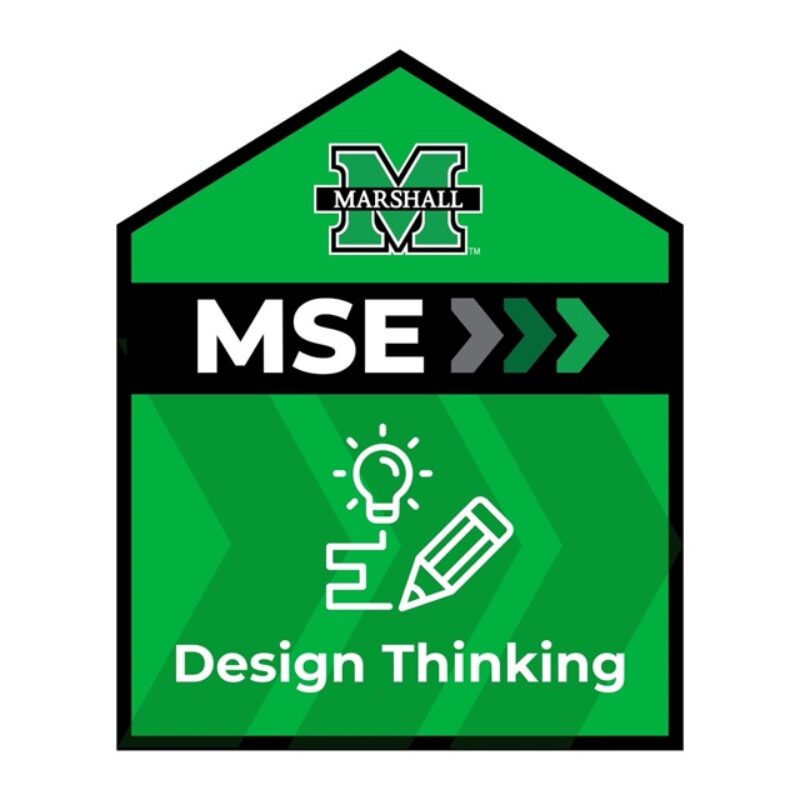

Microcredentials offer a targeted and focused approach to learning specific skills. They are designed to provide practical, in-demand skills that can be applied immediately in the workplace or specific professional contexts. This makes them highly relevant and valuable in today’s rapidly evolving job market, where employers often seek candidates with specific skills.
Microcredentials are typically shorter in duration compared to traditional degrees or certifications. They are designed to be flexible, allowing learners to acquire new skills at their own pace and fit their learning around their existing commitments, such as work or personal responsibilities. This flexibility makes microcredentials accessible to a wide range of learners, including working professionals and lifelong learners.

Here are the steps you need to take to earn a microcredential through the Marshall Skills Exchange:
- Create a user account
- Register for courses in the MSE Catalog
- Pay for your selections through TouchNet or an Affiliation Instructor
- Complete the course(s)
- Earn a Credly Badge
- Add to your resume
- Share your success on social media!
For additional assistance, visit our resources page.











